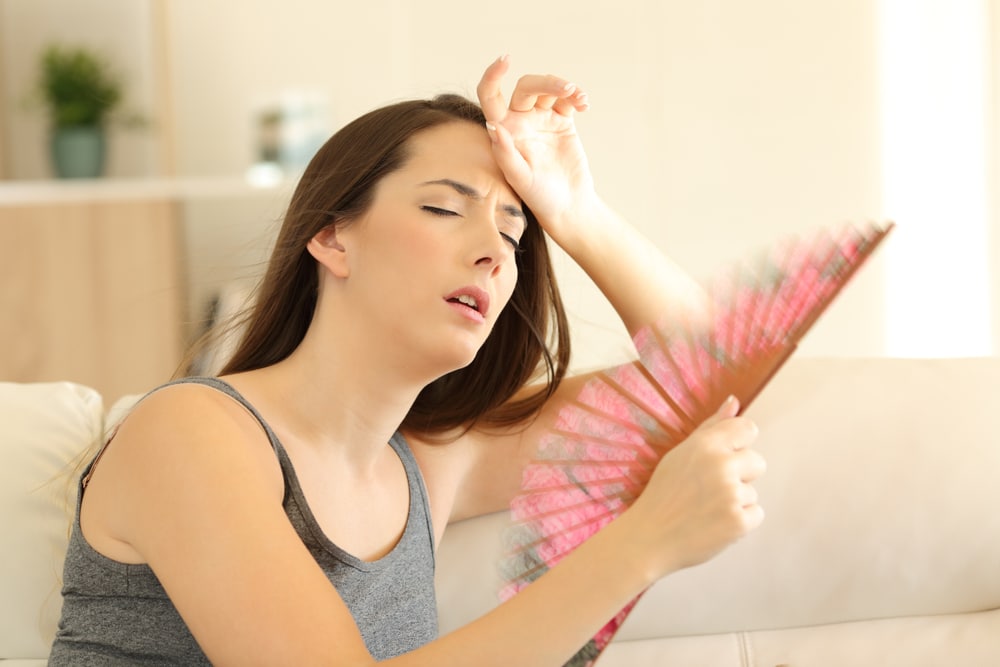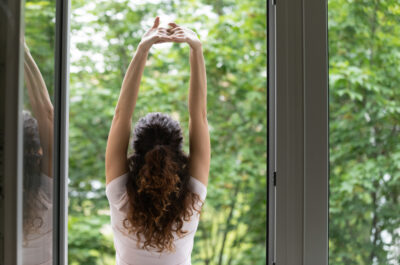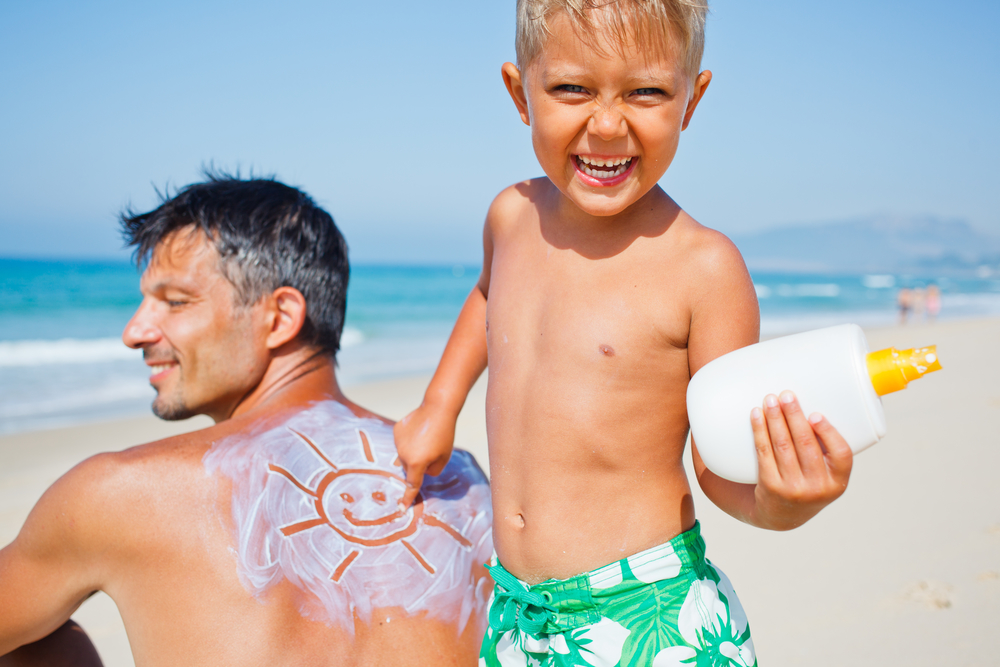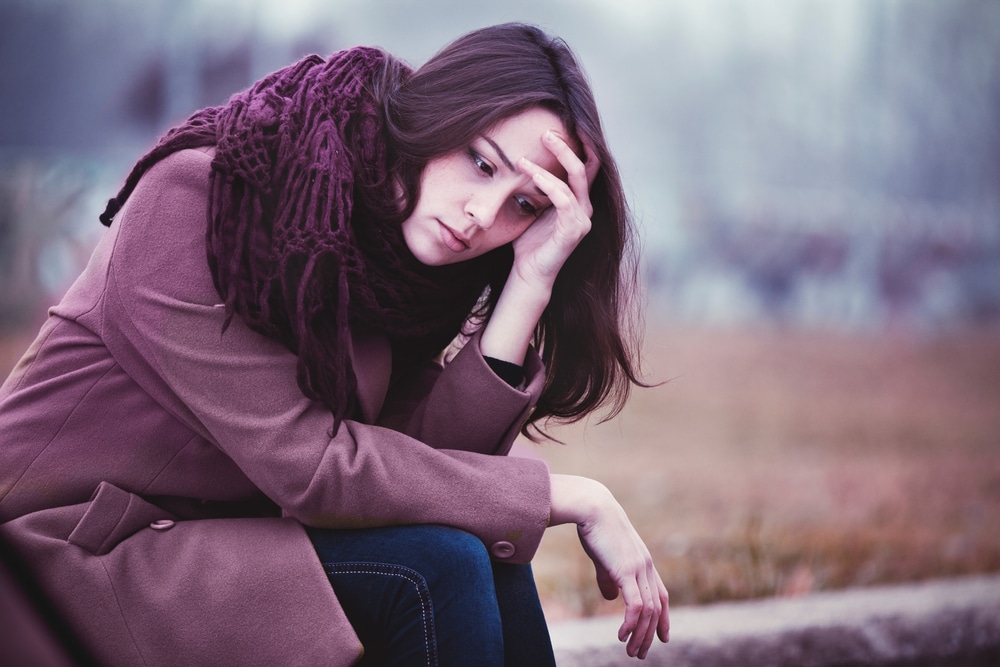As you enjoy the summer, you’ll likely be spending plenty of time outside. Whether you’re going swimming, playing sports, or camping, outdoor summer activities provide plenty of chances to have fun. But don’t let your outdoor time present a risk. Too much exposure to hot summer weather can lead to heat exhaustion if you aren’t careful.
Texas summers bring high temperatures and the risk of overheating from too much time spent outdoors. The most common consequence of overexposure is heat exhaustion or heat stroke. If you plan to spend a lot of time outside this summer, it’s important to learn the risk factors related to heat exhaustion and how to care for yourself or someone else affected.
Symptoms of Heat Exhaustion
There are two different sets of potential symptoms for two different types of heat exhaustion. The first kind, water depletion, is more common and easier to treat. Symptoms of water depletion include:
- Weakness
- Dizziness
- Headaches
- Excessive thirst
- Loss of consciousness (in extreme cases)
- Pale skin
- Increased heart rate
Meanwhile, symptoms of heat exhaustion due to salt depletion include:
- Dizziness
- Nausea and/or vomiting
- Severe muscle cramps
- Pale skin
- Increased heart rate
Pro Tip: You may be tempted to look for excessive sweat as a sign of heat exhaustion. In reality, the body is trying to preserve water. You may not notice a victim of heat exhaustion sweating more than usual.
Self-Treatment of Heat Exhaustion
A mild or moderate case of heat exhaustion can be controlled through a few simple methods. If you notice yourself or another person demonstrating signs of heat exhaustion, try one of these treatments:
- Get to a shaded or cool area immediately. Ideally, go inside an air-conditioned building.
- Lay down with your legs elevated above your heart.
- Drink cool water or sports drinks. If you suspect salt depletion is the cause, try to find a sports drink specifically for dehydration–they usually contain salt.
- Avoid consuming alcohol, as it will only dehydrate you further.
- Remove unnecessary or uncomfortably tight clothing.
- If possible, take a cold shower or bath, or find a cool swimming pool or body of water nearby.
Usually getting out of the heat and cooling down through these self-treatment methods will get rid of the symptoms of heat exhaustion. However, a more severe case will require expert medical intervention.
Symptoms of Heat Stroke
Heat exhaustion can turn into heat stroke, a legitimate medical emergency, if not treated properly. Heat stroke is accompanied by these symptoms:
- Rapid but weak heartbeat
- Hyperventilation
- Excessively high or low blood pressure
- Loss of consciousness
- Excessively high body temperature
- Extreme confusion and disorientation
- Warm, dry skin with little to no sweat
Unfortunately, heat stroke is critical enough that self-treatment is not sufficient. If you notice any of these symptoms from yourself or anyone else, or if the self-treatments don’t improve your symptoms after about twenty minutes, call 911 or the nearest doctor’s office immediately.
Keep Hydrated
One way to keep heat exhaustion under control is by staying hydrated. Keep these essential steps for hydration in mind:
- Don’t wait until you’re thirsty to drink.
- Drink plenty of cold water, especially if you’ve spent a long time outside.
- Watch how much you sweat. Excessive sweating can lead to dehydration. On the other hand, not sweating enough could be a sign of heat stroke.
- Find good sports drinks to keep you hydrated. Look for a brand with minimal sugar and plenty of electrolytes, nutrients, and a little salt to replenish what you lose through sweating.
- Eat foods with high water content. Fresh fruits and vegetables are always good choices.
Stay Cool This Summer!
As you and your friends enjoy fun summer activities, don’t ignore any warning signs of heat exhaustion. Stay hydrated and give yourself time to rest in the shade when you need it. Taking a short break from outdoor activities is much better than finding yourself passing out or sick from the heat.
Connect with us to learn more about summer safety and how to stay cool.




